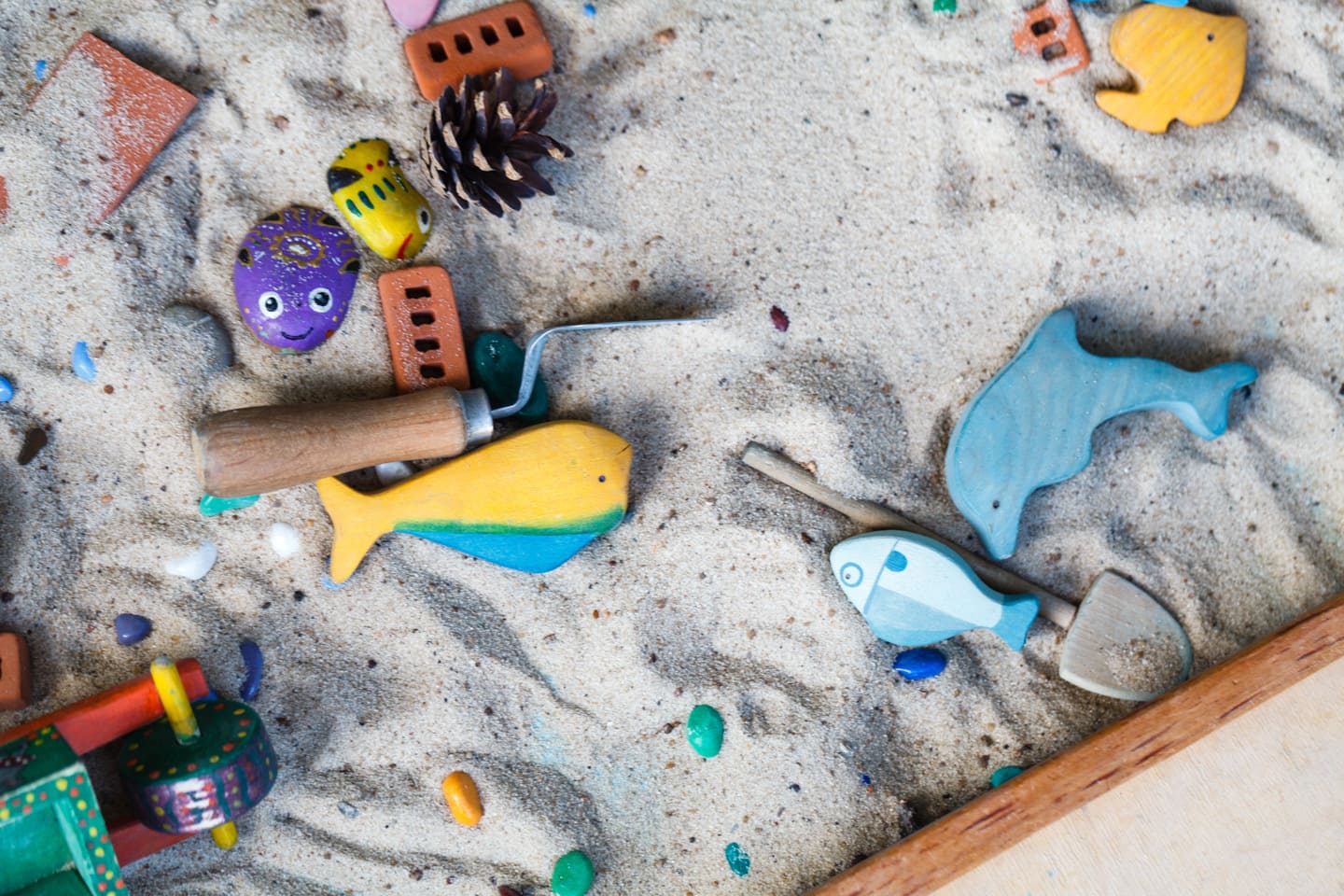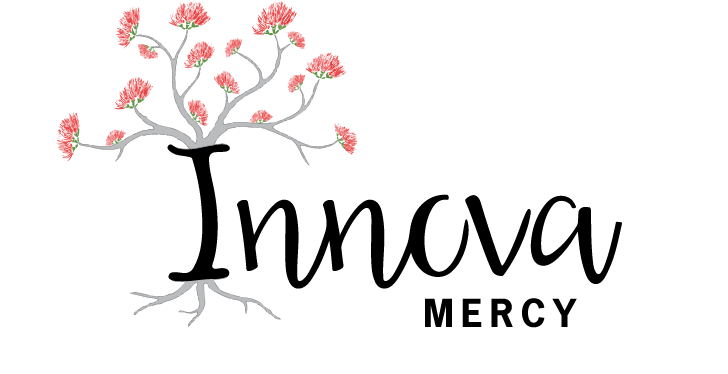
Helping Teens Express Through Fun and Play
Play Therapy involves the use of effective therapeutic techniques during fun and playtime. It’s a type of therapy that relies on toys, make-believe or imaginative play, and other activities to help teens be at ease when talking to the therapist. During a session of play therapy for teens, a therapist can observe and connect with their teenage patients to effectively help them understand and cope with their emotions.
Purpose of Play Therapy for Teens
Teenagers often find it difficult to express themselves after experiencing a traumatic event or when feeling symptoms of anxiety and depression. This difficulty to communicate also makes it hard for parents who want to help their troubled teens.
By using play and fun, a therapist can help a troubled teen open up and find ways to express themselves. Through the best combination of games, toys, and other fun activities, therapists can use play therapy to help teens explore life events at their own pace.
How Does Play Therapy Work?
Play therapy helps create an environment that is both comfortable and safe for a troubled teen. The therapist will then decide, according to the teen’s situation or needs, if they will need to take a directive or non-directive approach.
Once a teen feels comfortable, the therapist will share toys or initiate activities to begin the session. What the teen does with the toys or how they act during the activity will inform the therapist what the next step will be in the treatment.
Directive Play Therapy
In this form of play therapy for teens, the therapist has a much greater involvement during a session. During directive play sessions, the therapist will share specific instructions on what the teen can do in the playroom.
Nondirective Play Therapy
In this form of play therapy, the therapist will not be as involved as in directive play therapy. During non-directive play sessions, the therapist allows the teen to play and work through their issues at their own pace.
Play Therapy Process
Although used with children between the ages of 2 and 12, play therapy is just as effective for teenagers as it is for younger children. Play therapy is broken down into multiple phases, starting with a pretreatment phase.
Introduction Phase
Your teen is given a chance to meet their therapist, get used to the playroom, and to understand the process of our play therapy for teens.

Tentative Phase
Once your teen is ready to share their thoughts and feelings, the therapist will let them communicate however they want. The therapist will observe and take note of the teen’s actions and any change in behavior as well.

Negative Reaction Phase
As the treatment progresses, your teen may return to old behaviors and patterns once they become comfortable enough in the playroom. Be ready to give your teen all the support they need during this phase.

Growing Phase
During this phase, your teen will be aware of their difficulties and will have a better understanding of what they can do to make positive changes. This phase may take longer to go through as your teen may regress at times.

Termination Phase
By this phase, your teen’s emotional and behavioral aspects should be consistent and balanced outside the playroom. Parents must note that this phase will be hard for teens that have formed bonds with their therapists.
During the entire play therapy process, therapists will rely on you, the parents, to provide news of your teen’s behavior, be they good or bad, to determine the progress of the treatment.

Speak with an Admission Specialist Today
Contact Innova Mercy today to learn more about Play Therapy for teens. All calls are free and confidential.







